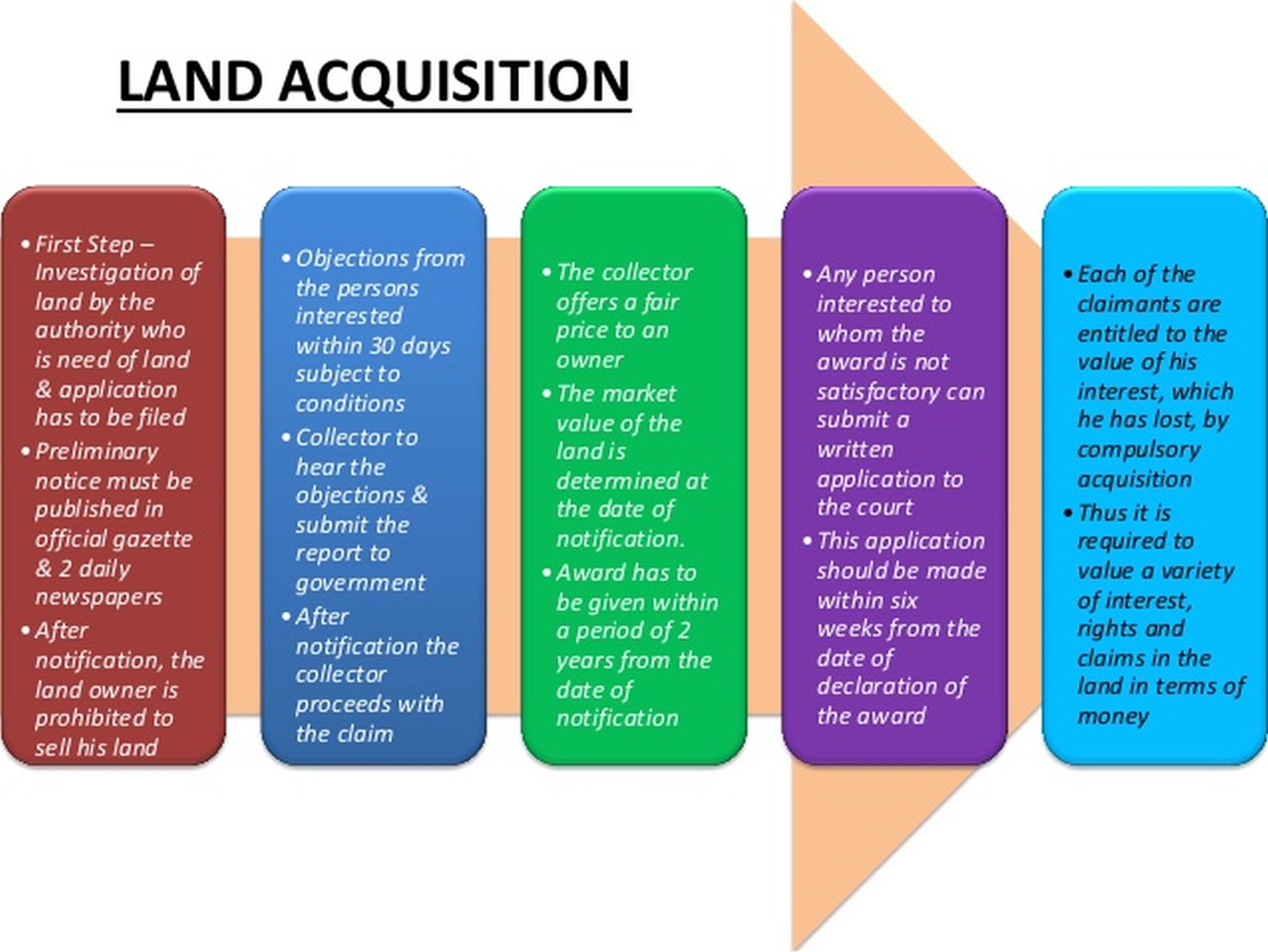Buying a Flat? The Date of Acquisition must Be the Primary Concern

Investing in realty property is becoming a lucrative business. With the realty business growing in such vigor that everyone is trying their hands on it. So, if you are planning to invest in the realty business, you should know about the tax law that applies to it. One such law is the tax imposed on the profits that you have gained. When you sell a real estate for profit, you are liable to pay a capital gains tax on the profit that you have earned. This capital gains tax varies according to the time period this property was in your possession.

Capital Gains Tax on Sale of Property
This capital gains tax comes in two types:
- Short-term capital gains tax: when the acquisition property is sold before the completion of three years from the date of acquisition, the gain in profit will be taxed at the same rate as it is applicable to any other income of a taxpayer.
- Long-term capital gains tax: when the property is sold after three years from the acquisition, the profit is taxable at a fixed rate of 20%.
What qualifies as the capital asset?
As the legal definition of a capital asset goes, it is any kind of property held by the taxpayer that may or may not be connected with his business or profession. This property, after fulfilling certain conditions, becomes an asset under the Income Tax Act, 1961.
What is the date of acquisition of Capital Asset for purpose of Capital Gains?
The date of acquisition is important as based on that your capital gains tax will be charged. So to evaluate the date you must know that the answer may vary. The date of acquisition can be – the date when the initial advance was given by the intended buyer or can be the date when the allotment letter was issued to the intended buyer after the project was properly described or it can be the date on which the sale deed is registered or the date when the buyer deed was executed or so on.
As per the Income Tax Act, the date of acquisition of the said property or flat will be the date on which the allotment letter is issued to the intended buyer.
Exemptions under Section 54/54F of the Income Tax Act for Capital Gains
There have been several exemptions imposed on the Section 54/54F of the Income Tax Act. These are all observations made by different courts in India, after careful study of the issue at hand.
- Even if the construction of the building is not completed within specified time, then the taxpayer, who has acquired substantial domain over the new house and paid a substantial amount towards the construction cost within the period mentioned under Section 54/54F, has complied with all the requirements to claim an exemption.
- Just because the builder failed to hand over the flat to the taxpayer does not mean the taxpayer cannot have the benefit of the benevolent provision.
- The absence of a sales deed or any procedural delay in registration does not make the taxpayer inapplicable to the exemption.
- The date of acquisition is the most crucial part of the transaction to qualify as an investment for construction under Section 54/54F, as stated by the Central Board of Direct Taxes.


 ITAT Amritsar: No Section 269SS Violation for One-Time Cash Payment Before Sub-Registrar
ITAT Amritsar: No Section 269SS Violation for One-Time Cash Payment Before Sub-Registrar  Tax Officials Unleash Digital Dragnet: How New Raid Powers Redefine Privacy, Property Rights in India and likely to Fuel Corruption
Tax Officials Unleash Digital Dragnet: How New Raid Powers Redefine Privacy, Property Rights in India and likely to Fuel Corruption  Income Tax Department Rewards for Reporting Tax Evasion: A Comprehensive Guide
Income Tax Department Rewards for Reporting Tax Evasion: A Comprehensive Guide  Forfeiture of Gratuity by Employer- What are the Remedies for an employee- Can employer be challenged?
Forfeiture of Gratuity by Employer- What are the Remedies for an employee- Can employer be challenged?  Employer can forfeit gratuity of an employee in case of moral turpitude
Employer can forfeit gratuity of an employee in case of moral turpitude  Diving Deeper: The Impact of the New Tax Bill on Dairy and Farming Income
Diving Deeper: The Impact of the New Tax Bill on Dairy and Farming Income